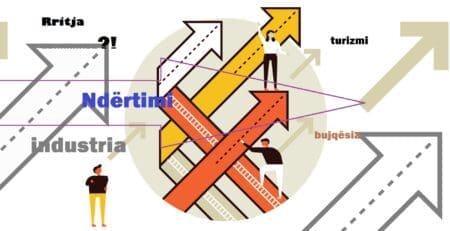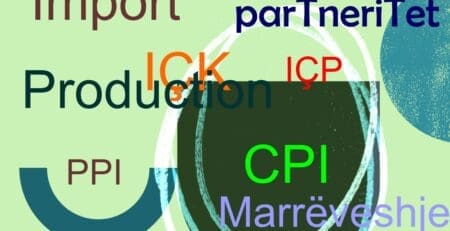Taxes, Us and Politicians
Tax systems have become increasingly complex in last decade. There is no such thing as a single tax. There are individual income taxes, corporate income taxes, indirect taxes, national taxes, local taxes. There are a variety of indirect taxes, such as the value added tax (VAT), various kinds of excise taxes, fuel taxes, estate taxes, property taxes and a wide range of minor taxes.
To make matters even more complicated, the taxes are not consistent during the years. Each country, have their own way of collecting revenue, which makes comparisons difficult.
Transition economies, are now in the process of adopting what might be called modern tax systems along the lines of those used in the more developed market economies.
When international investors are looking for places to invest, one important factor is the tax burden of the country when they might decide to locate a corporate facility. Although individual tax burdens are important, corporate tax burdens are even more important.
Each year the World Bank, publishes a study called Doing Business. This study compiles data on doing business almost in whole world, including many transition countries. One statistic is the total tax rate as a percentage of profit for a medium size business.
Taxation is at the heart of citizens’ relationship with the State. Taxpayers as well as politicians are interested in the development of the overall tax burden overtime and the question how their respective country compares to others.
If we make comparisons between Albania and other countries we can see a good difference that explains the burden in Albania is very good popular tax tool to give incentives to the foreign direct investments.
If someone can see the whole literature and figures about this argument, one might say that transition countries are doing better than EU countries in some respects but not in others. Tax burdens may be lighter in some transition countries than in the no transition EU countries.
But, what next?
Transition economies often have more fiscal freedom, which means their governments do not confiscate as much money. Whether this advantage will persist over time remains to be seen, as transition economies try to structure their public finance systems along the lines of the more developed economies of Europe. The more developed countries would see the light and lower their tax burdens, and there is some evidence that this is happening, but the movement toward lower tax burdens is slow, at best.
Where tax burdens have been reduced over time, tax competition might be partly responsible. Countries with high tax burdens find it difficult to compete with countries that have lower tax burdens, all other things being equal. Investors tend to favor countries where they are able to keep a larger portion of their earnings.
At that point, there are some ethical issues that could be discussed.
The main ethical problem, which is shared by just about every form of public finance other than lotteries and user fees, is coercion. In order to collect the tax, it is first necessary to take property that rightfully belongs to others. The defensive response to this allegation is that the people have consented to be taxed, and therefore there is no coercion. But such a reply does not hold up under analysis.
Very few people these days actually believe that their elected representatives actually represent their interests. More likely they are controlled by various special interests to a greater or lesser degree. In just about all cases they pander to this group or that to gain votes in the next election.
Politicians promise to old people by promising that their social security and health benefits will not be taken away from them.
They promise to parents and young people by promising free or cheap education.
They promise to the poor by promising to tax only the rich.
In the case of the VAT, there are other ethical problems as well. For example, the tax is hidden.
Those who ultimately pay the tax are not fully aware that they are paying or what they are paying. It is impossible to accurately trace the amount of the tax that is paid by the ultimate consumer or at each stage of production. Worse yet, there is no attempt at disclosure on the part of the government. Hidden taxes are unethical forms of public finance and the VAT is a hidden form of tax.
From an ethical point of view, the tax is unethical because it is inefficient. It will be interesting to see how the public finance systems of the EU and the various transition countries change over time. There is pressure to reduce tax burdens because of tax competition but there is also pressure to increase tax collections to pay for all the government programs that politicians are promising to provide for various segments of the population.
So, I and maybe we can just say:
Who knows, let’s see!




Leave a Reply
You must be logged in to post a comment.